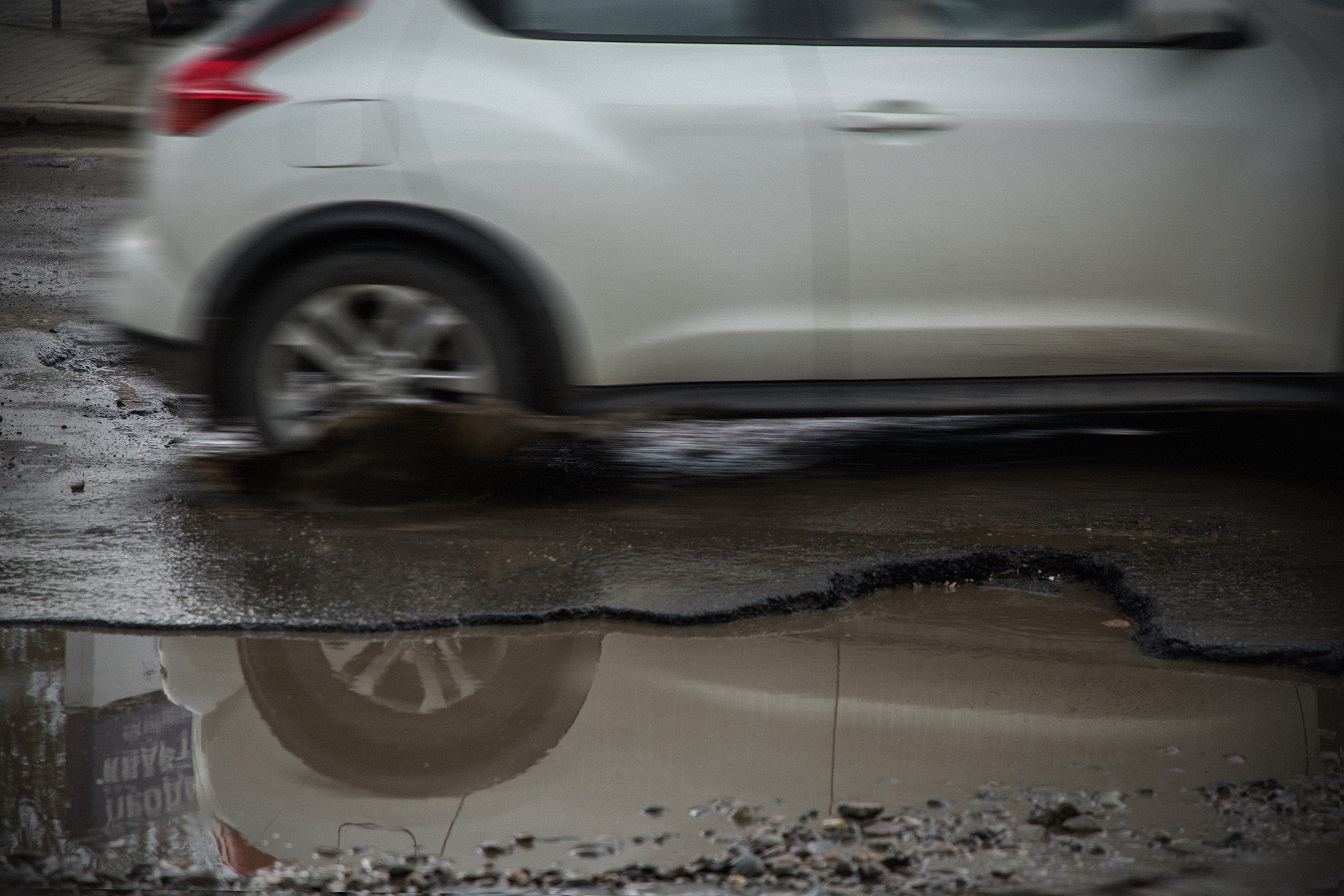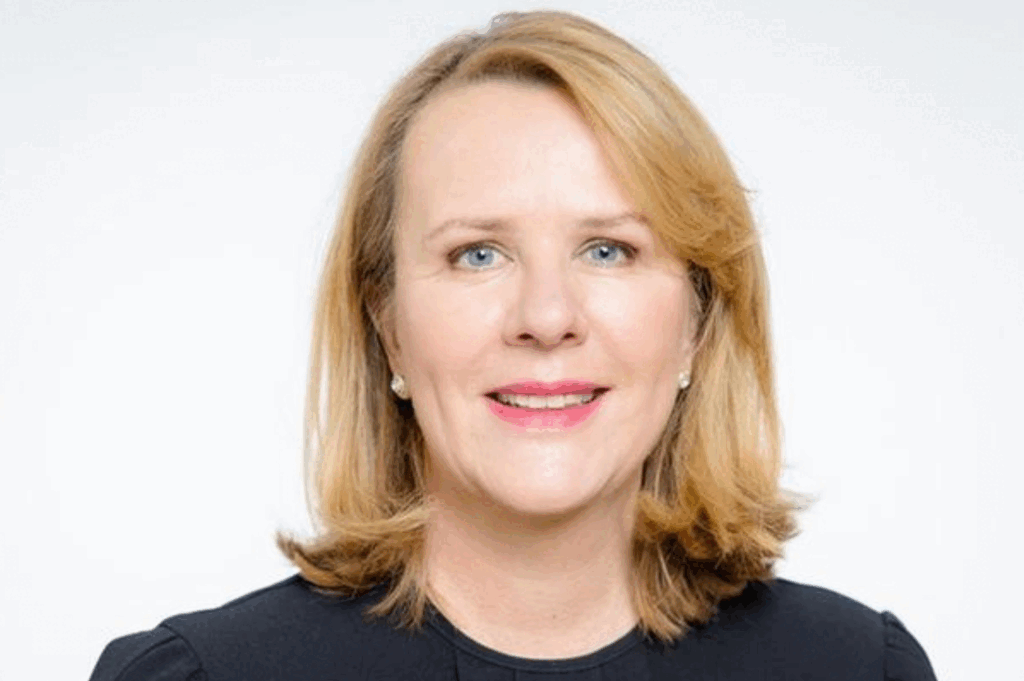O2 data set to improve Berkshires roads, public health and safety
- Monday, August 2nd, 2021
- Share this article:
 Anonymous data from the O2 mobile phone network is being used as part of a series of new government-funded trials to help Thames Valley local authorities plan improvements to air quality, public health, road surfaces, traffic flow, and energy infrastructure.
Anonymous data from the O2 mobile phone network is being used as part of a series of new government-funded trials to help Thames Valley local authorities plan improvements to air quality, public health, road surfaces, traffic flow, and energy infrastructure.
Funded by the Department for Transport through the £22.9m ADEPT SMART Places Live Labs Programme, the Thames Valley Berkshire Live Lab trials are investigating how technology could transform local places and improve the way people live and work in Berkshire.
Led by Reading Borough Council and supported by six local authorities, the Thames Valley Berkshire Live Lab includes five trials that will use technology to help shape future improvements to issues like potholes, traffic congestion, pollution, and other health risks.
In a model set to help local authorities plan smarter towns, the trials combine movement data collected from anonymised, aggregated O2 mobile connections with anonymised information from other sources, including air quality sensors and cameras mounted on refuse trucks.
As mobile devices connect to different masts, they create data footprints. O2 Motion is a service that can anonymise, aggregate and extrapolate these footprints to help local authorities gain a picture of where and how people travel around the local area. The Thames Valley Berkshire Live Lab is taking this data and overlaying it with demographic and behavioural insights to help local authorities understand more about crowd movement trends and profiles, and ultimately shape future town planning.
Data insights from O2 Motion never allow identification or mapping of individuals and operate within strict privacy guidelines.
“O2 Motion is all about using data to improve people’s experiences, so we are particularly proud to be a part of the Thames Valley Berkshire Live Lab – looking at the potential of tech to map out the smarter towns of the future” said Director of Market Development at Virgin Media O2, Sergio Budkin. “Anonymised, aggregated data about how we move around can help councils pinpoint the most congested transport routes, and show exactly which roads need improving, exposure to dangerous air pollution, and how residents can make greener choices. And it allows local authorities to make informed improvements, cut carbon emissions and make life better for residents and businesses alike.”
















